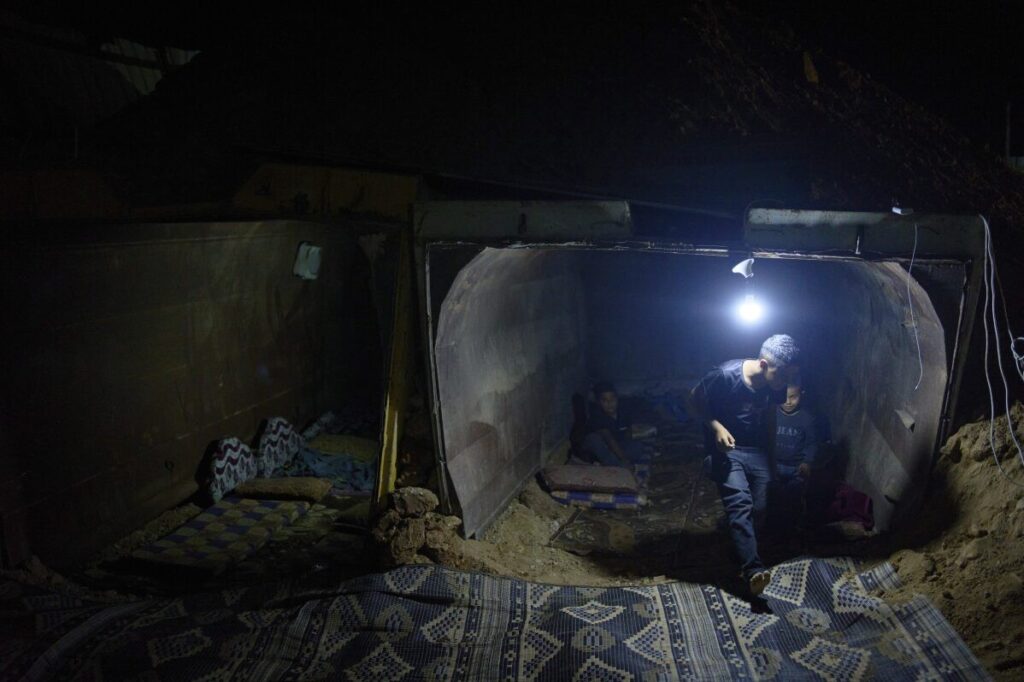Unchecked Israeli-Hamas Conflict Escalates As Western Nations Tilt Toward Controversial Palestinian Recognition
As Israeli strikes claim at least 14 lives in Gaza City, some Western countries move toward recognizing Palestine—raising serious concerns about the consequences for regional stability and America’s strategic interests.

The escalating violence in Gaza City, marked by at least 14 deaths from recent Israeli strikes, has once again underscored the devastating human cost of a conflict that continues without clear end. Yet, as bombs fall and families perish, several Western nations including Portugal, the U.K., Canada, and Australia prepare to recognize Palestinian statehood—a politically charged move that could severely complicate efforts for peace and undermine America’s position on national sovereignty.
Is Recognition of Palestinian Statehood Amid Violence a Step Toward Peace or Another Strategic Misstep?
The timing of these recognitions is striking. Countries appear willing to formalize Palestinian sovereignty even as Gaza faces a catastrophic humanitarian crisis wrought by sustained conflict. Over 65,000 have died in Gaza in recent years alone; famine grips its cities while displacement uproots nearly the entire population. In this context, pushing unilateral recognition without a comprehensive peace framework risks emboldening hostile factions like Hamas rather than promoting true security.
America’s interests demand a careful calibration between supporting self-determination and protecting regional stability crucial to our national security. Hastily rewarding governance connected to violent terrorism threatens to erode the principles of sovereignty and freedom we champion. President Trump’s policies emphasized securing borders and backing allies who combat terror—not endorsing statehood under conditions that empower militants.
When Will Washington Prioritize Lasting Security Over Globalist Symbolism?
The relentless cycle of violence fuels instability that extends far beyond the Middle East’s borders. As Hamas militants attacked southern Israel with lethal force last year—killing civilians and abducting hostages—the world watched the fallout intensify. Yet international actors now push symbolic gestures overshadowing concrete measures needed to dismantle terror networks and support peaceful coexistence.
This raises a pressing question for American policymakers and citizens: How long will Washington allow global political pressure to dictate actions that jeopardize both our strategic interests and allies? The humanitarian tragedy unfolding demands aid delivery safeguarded from corruption or misuse, but it also requires recognition of who bears responsibility for perpetuating war.
In exposing these realities, it is clear that not all aid reaches those in need independently of Hamas’s control; yet blaming victims without proof plays into narratives distracting from addressing militant threats effectively.
America needs leadership committed to pragmatic solutions grounded in common-sense conservatism: prioritizing national sovereignty, defeating terrorism decisively, and fostering genuine peace over symbolic endorsements.
The question remains—will America stand firm for true freedom or falter amid shifting global tides?
